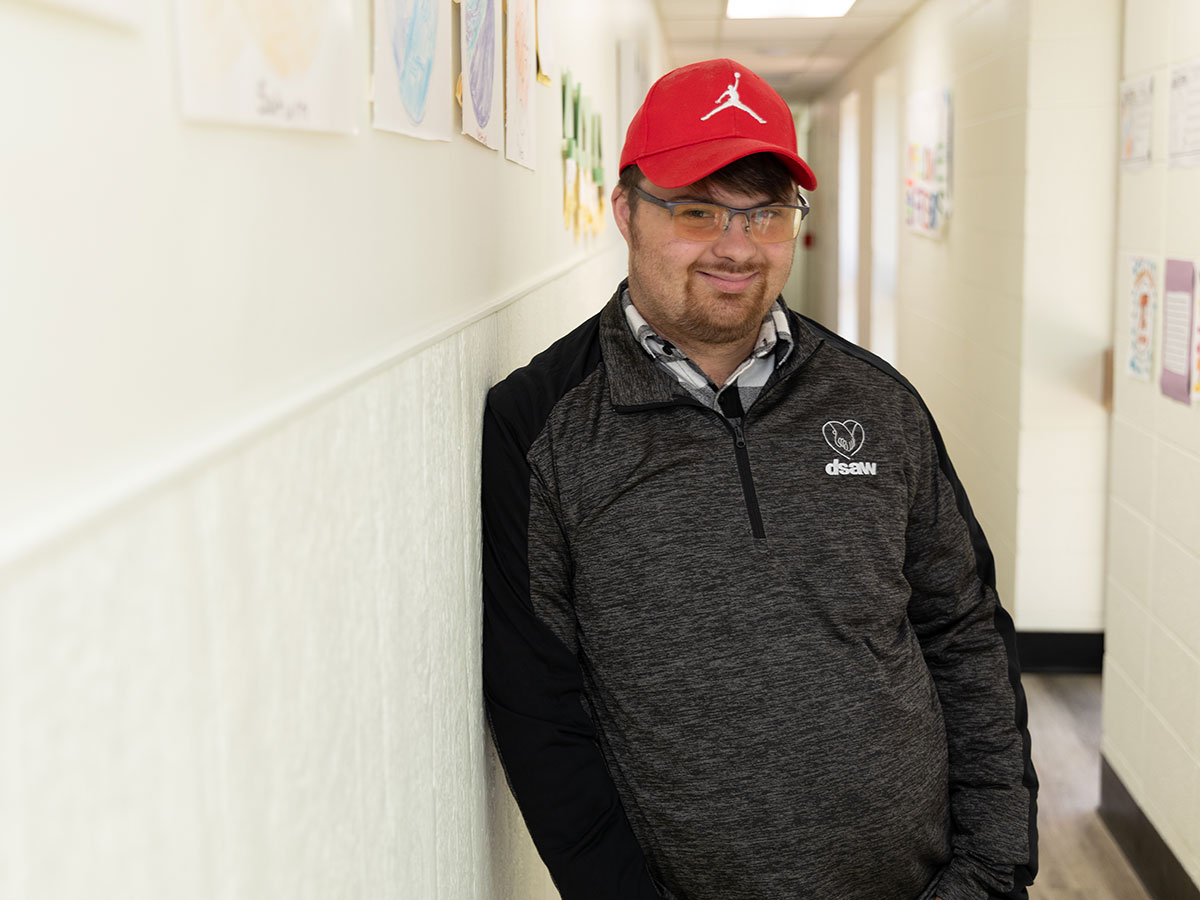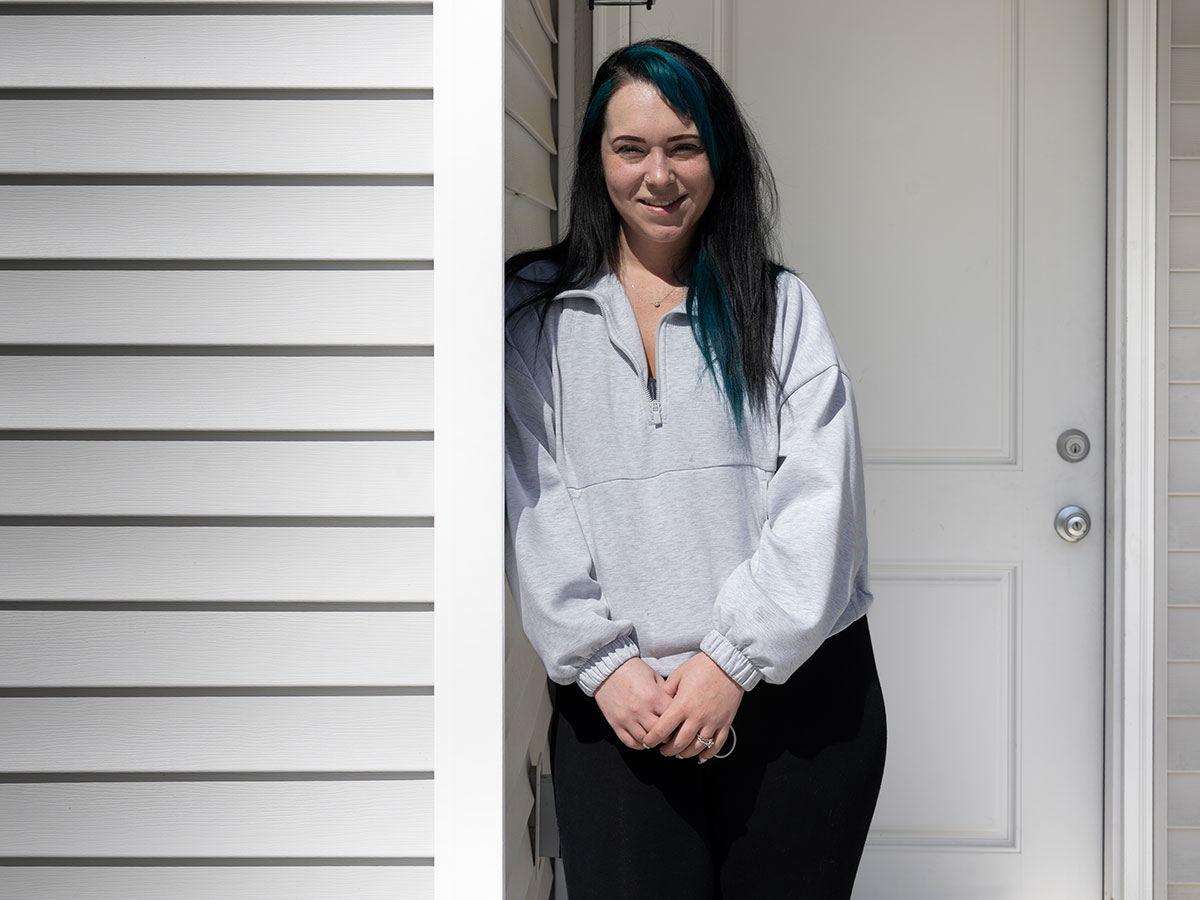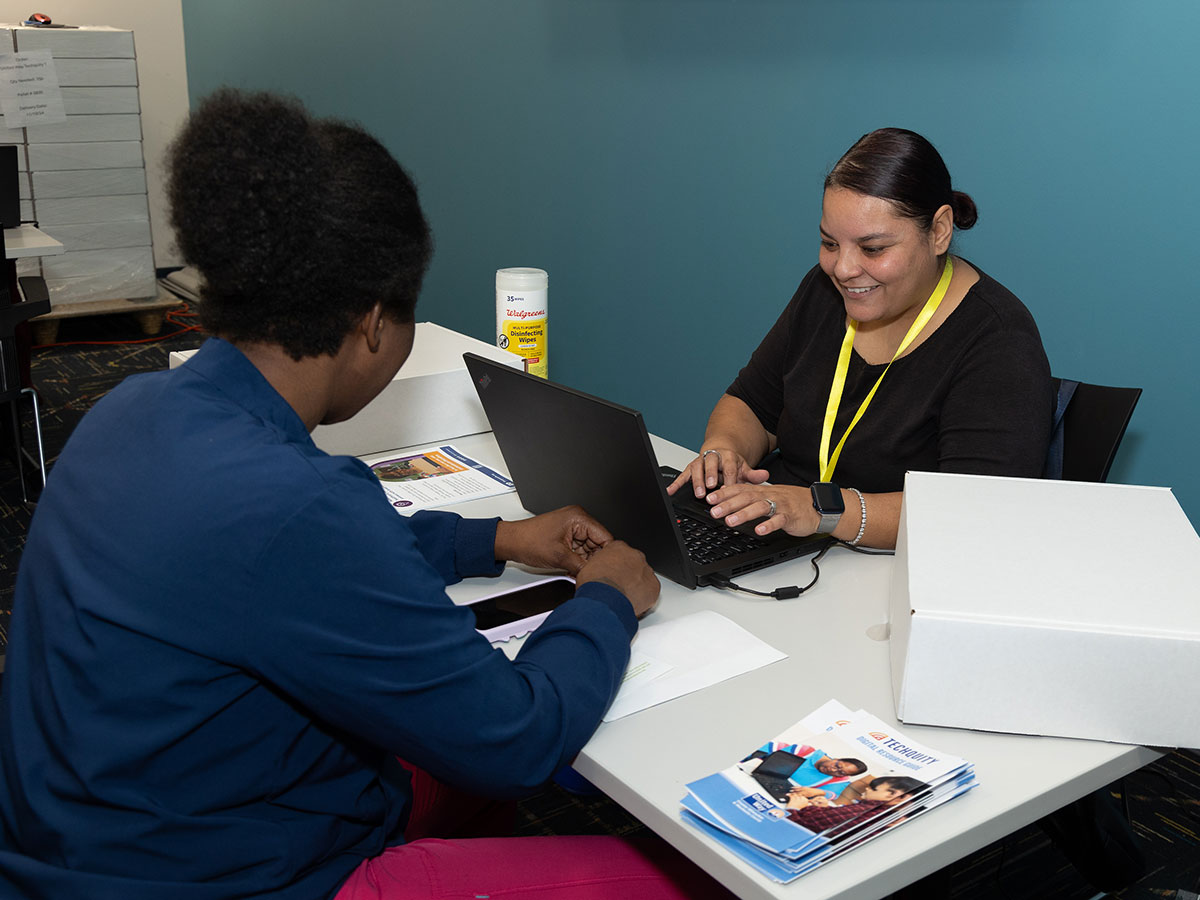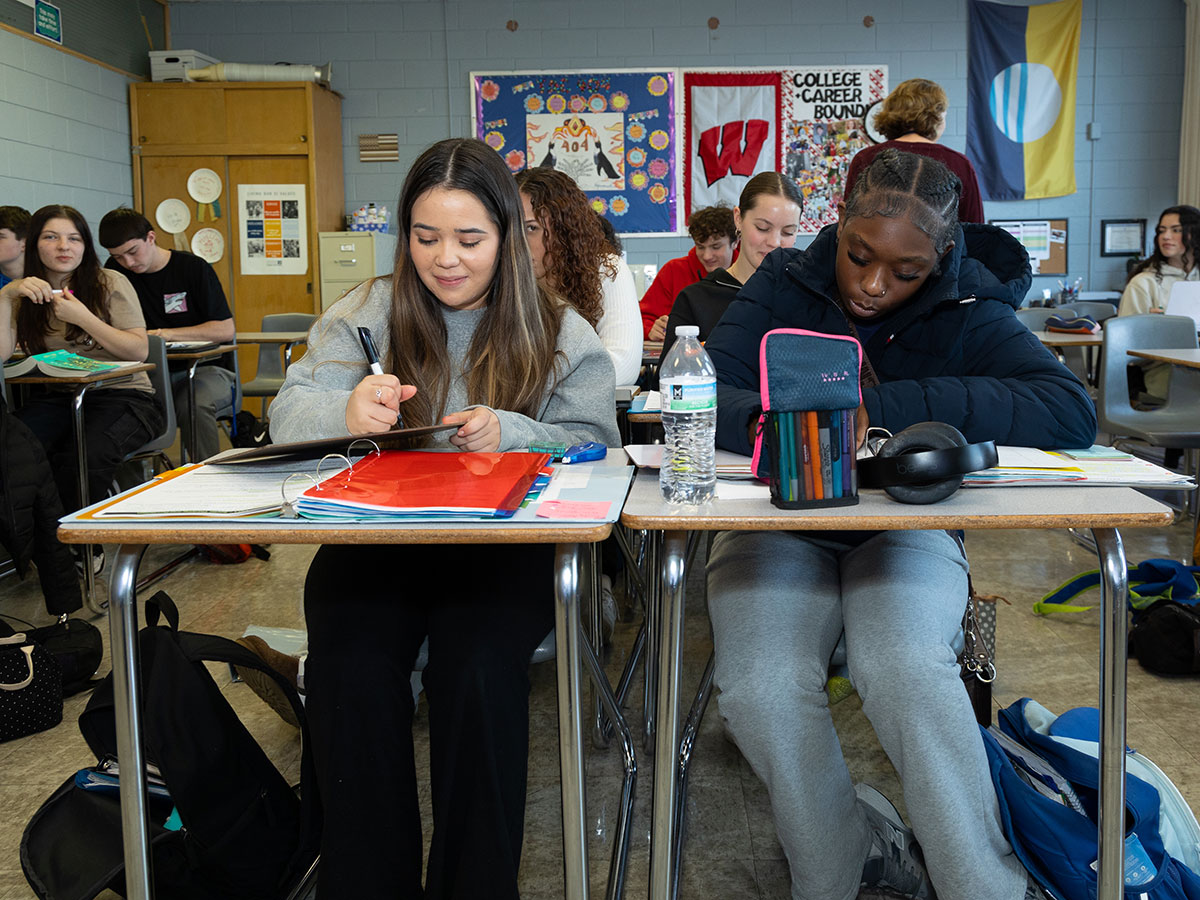Impact Based Funding
To ensure that our United Way is maximizing the impact that our donors and volunteers are making, we have assessed how to best meet our community’s current needs. We have updated our United Way’s funding model to an Impact Based Funding model.
The Impact Based Funding model is better aligned with current community needs, donor desires, and will allow United Way and our donors to deepen our collective impact in our community. This shift is designed to allow us to collectively solve more of our community’s biggest issues with less duplication, fewer silos and more coordination and impact.
Investments will be made to organizations that demonstrate they can advance the work of our Key Initiatives. In addition, a modest amount of funding will support Community Resiliency through information and referral, local disaster response, or sustainability of past collective impact efforts. Impact Based Funding allows us to more effectively drive community-wide progress on important issues by allocating more funding and staff capacity to these strategies.
A Letter of Intent is required to be considered for a full application.
Eligibility Clarification
To be eligible for United Way funding, organizations must be tax-exempt as described in section 501(c)(3) of the Internal Revenue Code, in good financial standing, and have been operating locally for a minimum of a year. Applicants who do not meet the above requirement may use a fiscal agent that does meet the above requirement. Please review the additional eligibility requirements found within the Impact Based Funding Guide.
Apply
Impact Based Funding Applications will be available in e-CImpact on January 20th for eligible organizations.
Eligible organizations completed an IBF Letter of Intent due November 10, 2025, and were notified on December 19th that they were accepted into the application round. If your organization completed a Letter of Intent and did not receive notification, log into e-CImpact to review your Letter of Intent feedback.
Key Dates
- October 20, 2025: LOI Opens for 2026-27 Grant Cycle
- November 10, 2025: LOI closes at 11:59pm. Please note: Technical assistance will not be available after 4:30pm.
- December 19, 2025: LOI Decision Notifications Sent
- Full Application Training: A link to the application guide will be sent to all applicants no later than January 20th via email (Constant Contact).
- January 20, 2026: Full Application Opens in e-CImpact
- February 16, 2026: Full Applications Due, Virtual Meeting Scheduling Due
- March 9 – March 27, 2026: Virtual Meetings
- June 1, 2026: Full Application Decision Notification
- July 1, 2026: 2026-27 Grant Cycle Begins & Award Letters Issued
Important Note: Teen Mental Wellness: Empowering Minds high-school grant opportunity and the Mental Health Improvement Fund grant opportunity have a separate timeline from Impact Based Funding. More information on those opportunities are available on the Funding Opportunities page.
Impact Based Funding FAQs
What are the eligibility requirements?
In general, to be eligible for United Way funding, organizations must be tax-exempt as described in section 501(c)(3) of the Internal Revenue Code, in good financial standing, and have been operating locally for a minimum of a year. Applicants who do not meet the above requirement may use a fiscal agent that does meet the above requirement. Please review the additional eligibility requirements found within the Impact Based Funding Guide.
Can my organization submit multiple Letters of Intent?
Yes. Organizations can submit a Letter of Intent for each area in which they are aligned. This includes multiple letters of intent under one investment area for different strategies. Please complete a separate Letter of Intent for each strategy you are applying for.
What are the investment areas available for funding?
Safe & Stable Homes: Ending Family Homelessness – organizations collaborate towards meeting these five overarching goals of ending homelessness: improved identification of housing unstable families, increased prevention services, streamlined coordination of services, swift service provision, and sustainable systems change. Goal: achieve and maintain an end to family homelessness in our four-county service area by ensuring that we are preventing family homelessness whenever possible, and when a homeless episode can’t be prevented for a family, that we ensure the experience is rare, brief, and non-recurring.
Techquity – organizations strengthen people’s digital literacy skills, and organizations agree to distribute laptops provided at no cost by United Way to participants, if funded. Goal: provide 50,000 computers to people who need them across our four counties by 2027.
Reducing Barriers to Employment & Advancement – organizations work toward a shared goal of supporting local, diverse individuals in overcoming systemic barriers to employment and career advancement. Goal: 15,000 people will be ready to start stable careers by having overcome key employment barriers by 2029.
Teen Mental Wellness: Empowering Minds – high schools collectively create Mental Health Schools of Distinction by implementing comprehensive school based mental health systems that support the mental wellness of students, their families, and school staff. Goal: Empowering Minds high schools will elevate the mental wellness of 21,000 high school students by 2030.
Funding through Impact Based Funding will be available to support school based mental health work as well as clinic-based/community-based mental health work.
Community Resiliency - organizations provide referrals and support to access community resources, local disaster response, and capacity building support for nonprofits.
Healthy Youth Legacy - Legacy investments support high-quality programming that are essential for sustaining the achievement of a collective impact or key initiative goal. Currently, the only area eligible for legacy funding is teen pregnancy and sexual violence prevention programming essential for ensuring that youth have access to evidence-based medically accurate sexual health information.
For more detailed information on each of these areas, please review the Impact Based Funding Guide.
If my organization is currently funded by United Way, do we need to complete a letter of intent?
Yes. All organizations interested in funding beginning July 1, 2026, are required to complete a letter of intent to be eligible for funding with two exceptions.
Teen Mental Wellness: Empowering Minds high-school grant opportunity and the Mental Health Improvement Fund grant opportunity have a separate timeline from Impact Based Funding. More information on those opportunities will be available on the Funding Opportunities page in January 2026.
How are decisions made on which organizations move to the application round?
The Impact Based Funding Letter of Intent (LOI) process serves a few purposes, including helping United Way understand the level of interest in the funding opportunities and narrow down the pool of applicants needing to complete a full application.
LOI Review Committees established by United Way staff will review all LOIs to identify projects with the greatest potential for lasting community impact. Scoring rubrics can be found in the LOI Guide. Additionally, factors involved in a decision of whether or not an organization moves on to the application round includes both the individual Letter of Intent score and a comprehensive review of all the organization’s letters of intent (if an organization submits more than one LOI). As a result, high rubric scores do not guarantee an organization will be invited to complete a full application.
recording Training Sessions
These recorded sessions are specifically for the funding areas you wish to apply for. If your organization is interested in funding from more than one area please watch all applicable videos. Please review the Impact Based Funding Guide to learn if your agency qualifies.
Key Initiatives
In partnership with our community, we are creating lasting change in these focus areas.








